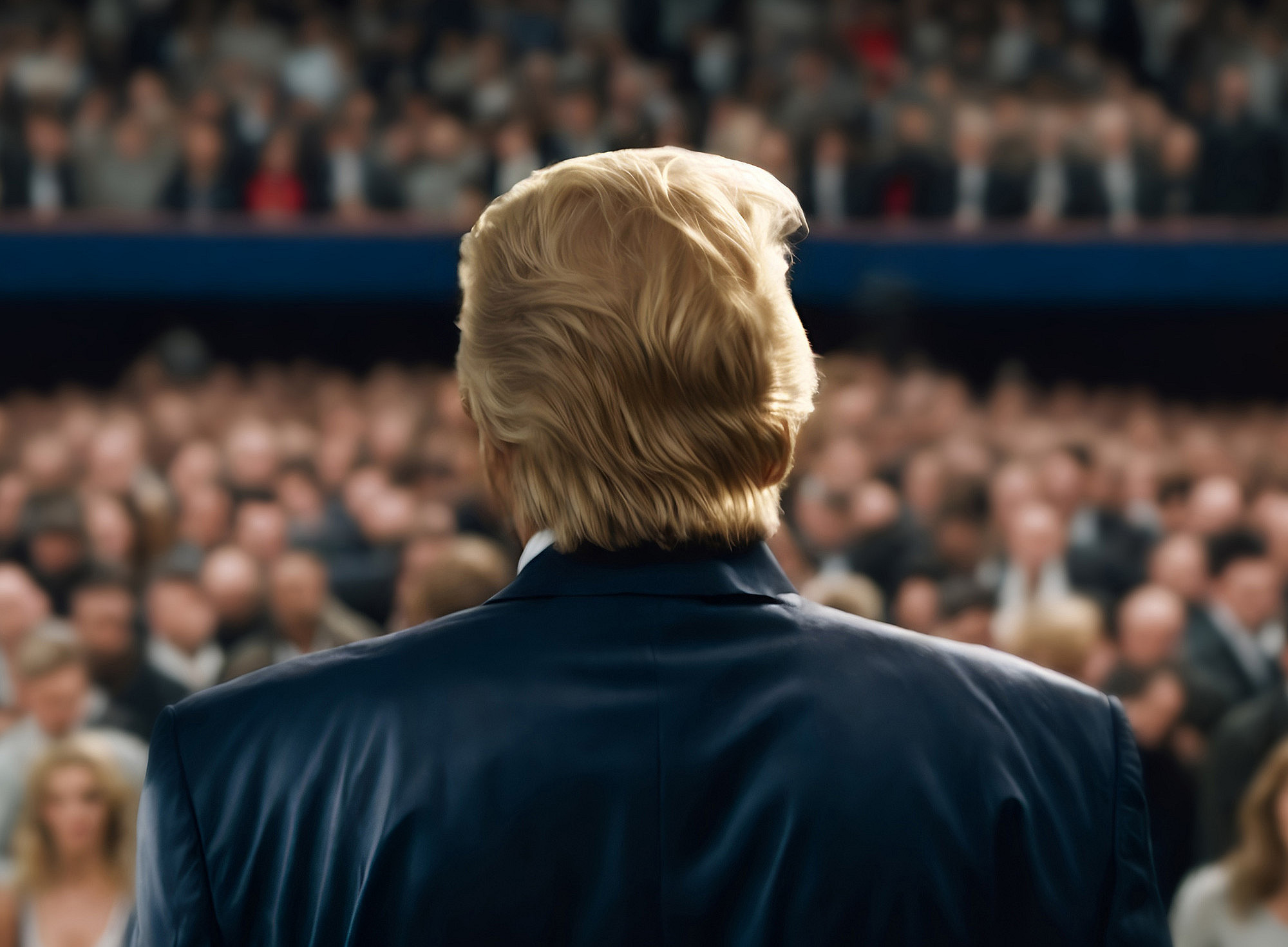What is happening in America? A question on the minds of many people in Europe as they watch with amazement the audacity with which the new US President Donald Trump is exercising his power, while enjoying high-profile support from loyal figures in business and the media. "From our European perspective, as citizens of centrally organized states, we think quite differently from people in the US when it comes to politics," says Roberta Maierhofer, head of the Center for Inter-American Studies at the University of Graz. "Due to the vastness of the country, the lives of individuals are much more strongly influenced by regional communities and state politics. These play a far more important role for people than the government in Washington, which should not interfere too much at all," the scholar explains. According to Maierhofer, what Americans expect of their president is, first and foremost, to represent the USA as a strong, independent nation. And that is precisely what Donald Trump is doing in the eyes of many: he does what he wants, dares to say what many are thinking, negotiates with the world's powerful from a position of strength, and promises to solve all problems.
America first
The living standards in the US has been declining over the last decade. "The middle class has been severely weakened. There is less social spending than under Reagan and real financial losses," says Maierhofer, describing a situation which causes dissatisfaction within large sections of the population. Trump promises a remedy and knows what to do: above all, he says, the country must look after itself again instead of taking care of others. Tariffs are planned to strengthen the domestic economy. The territorial claims on Greenland, Panama and Canada as strategically important areas for the USA also correspond with this way of thinking. "From today's perspective, the idea of buying countries sounds absurd, but it is not new. In 1946, US President Truman offered the Danish government 100 million dollars for Greenland. In 2019, Trump raised the issue again," recalls Maierhofer. In 1917, the United States had purchased the Caribbean island group of the West Indies – since then known as the US Virgin Islands – from Denmark, Alaska from the Russian Empire in 1867, and Louisiana from the French in 1803.
"Trump follows various cultural narratives that have shaped the image of the United States," says the American studies scholar. They also include their independence: "’We don't take orders from anyone!’ The USA regards any interference in the shaping of its foreign policy as unacceptable. That is why they do not recognize the International Court of Justice," explains Maierhofer. With regard to Trump's actions, she speaks of the “Pippi Langstrumpf principle: we make the world the way we like it. In doing so, we are fearless and do not care about the norms and rules of political action, we are anti-establishment.”
Democratic forces
"We in Europe will probably feel Trump's presidency more than people in the US," Maierhofer suspects, pointing to, among other things, the announced tariffs, the demand for payment of agreed NATO contributions, the suspension of agreed climate targets or the withdrawal of the US as a protective power in Europe. "Foreign policy is the stage for Trump and his confidants." He gets a lot less attention from most US citizens for his plans, especially for his actual foreign policy. "The majority of the population is not interested in it at all and is not informed about it, but simply expects a demonstration of strength at all levels," Maierhofer points out.
Regardless of this, Trump's actions are worrying in any case with regard to democracy, according to the American studies scholar. Domestically, he can exert far-reaching influence by filling posts, such as judges, even beyond the time of his presidency. At the same time, however, Maierhofer is confident: "I have faith in the forces of democracy in the USA. They went back to work immediately after the election, even if they are not always visible." The Republicans were desperate to return to power, but the scholar is sure that the majority of the party and its voters do not agree with Trump. "Critics are currently keeping a very, very low profile so as not to be excluded from important positions. But they exist."
And then there are the far-reaching freedoms and powers on the individual state levels. Each has its own constitution, legislature and judiciary. This results in many opportunities for democratic influence, which clearly limit the power of a US president, however dominant he may appear.


